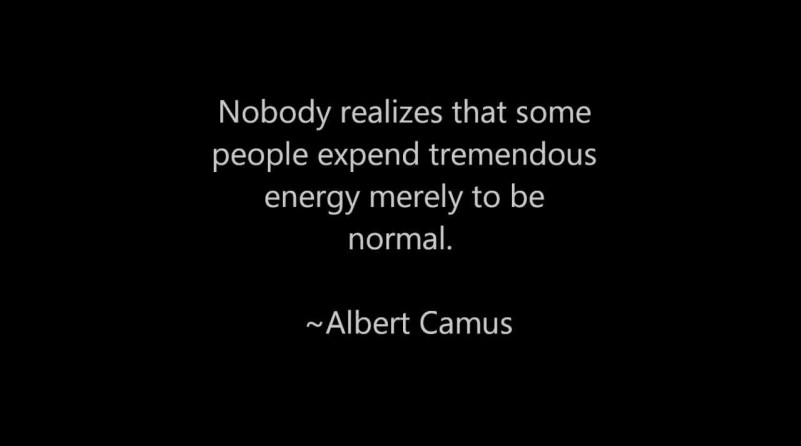A Journey Towards Well-Being

Squashing Social Anxiety
I remember when I lost my voice.
Not from illness, as you might assume, rather it was due to social anxiety that began mid-way through my childhood. I never knew until recently that what I went through was a form of bullying – I thought it was just girls being girls. But after being told over and over again how “annoying” or “immature” I was, I began to believe that I was immature and annoying. I started to count the days in my diary as “good” days when I didn’t talk so much. Talking led to me feeling bad about myself and I would question everything that came out of my 11 year old mouth, so I purposely made my voice just disappear. Well, my voice didn’t entirely disappear but I became very placid and accommodating so that I would never have to share my own opinions and views. “What do you think?” became a common phrase for responding to questions regarding my opinion.
I am not your “typical” person with Social Anxiety. Throughout both elementary and high school I was bright, talkative, and so-called “normal”. Nobody saw the internal wrath I gave myself for speaking, for saying the “stupidest thing”, constantly replaying even two minute conversations in my head and berating myself for saying something wrong.
Luckily, I was able to move past this condition with a lot of hard work and exposure therapy. Social Anxiety does not necessarily impact just your shyest children and does not portray the same among everyone. I wanted to reflect on my experiences for this Newsfeed because I know that people out there are identifying with me and I want to share my tips for overcoming Social Anxiety.
1. Recovering from Social Anxiety starts with the way you talk to yourself. Make a rule that if you say something negative to yourself then you have to counter it with three positive things about yourself. (This is tried and true. Read “Before Happiness” to find out more about the 3:1 ratio.) Don’t beat yourself up!
2. Remember that people are so engrossed in their own lives that they’re not taking the time to think about you like you think they are. For example, if you stuttered on a word they are not sitting down to do an analysis on why you stuttered. It just is what it is.
3. Keep challenging the anxiety and don’t stop! Exposure therapy means you start with something small on the anxiety scale, master this skill and move on to more scary stuff. But if you stop doing the exercises then your anxiety just heightens and becomes even more overwhelming.
About the Author
Tara is a wellness Newsfeedger for the Local Biz Magazine who is in the process of writing her memoir on finding hope and meaning while living with a mental illness. Tara loves the concepts of positive psychology, incorporating them into every aspect of her life and spreading the message on the science of well-being.




